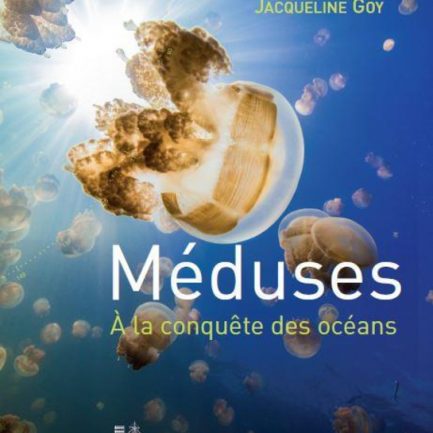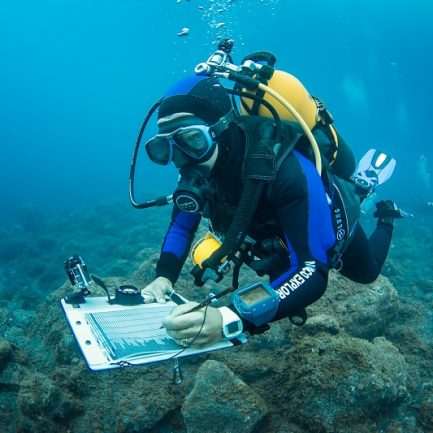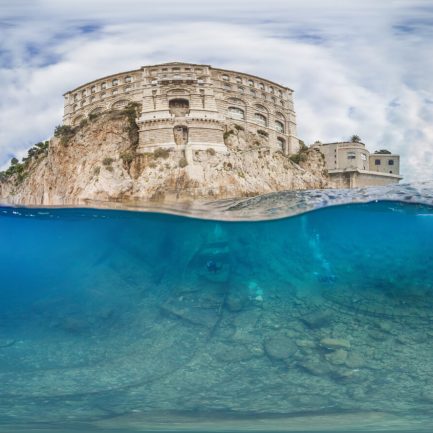Fish and seafood
How can you consume less but better?
- Home
- Actualités
- Consuming less and consuming better
Faced with global overconsumption, the Oceanographic Institute defends the idea that we should reduce the overall meat content of our diet. Whether in the form of red meat or fish, Westerners now consume more protein than necessary. This imbalance is the cause of numerous sanitary and environmental problems.
Should we moderate our fish intake?
The rise in living standards has caused fish consumption to grow twice as fast as the world’s population. The amount of fish taken exceeds our real needs. Revisiting our economic and social model to relieve the pressure on the planet is becoming urgent.
With this in mind, it is advisable to limit the consumption of large predators such as bluefin tuna, swordfish or salmon, but also tropical shrimp, all of which are generally overfished in the natural environment. Their breeding also poses many environmental problems (pollution, diseases, etc.).
Avoiding the smaller individuals may encourage fishermen to catch only the larger ones and thus allow the stocks to renew themselves. In any case, four species should be avoided as a priority because they are on the verge of extinction: swordfish, shark, bluefin tuna and eel.
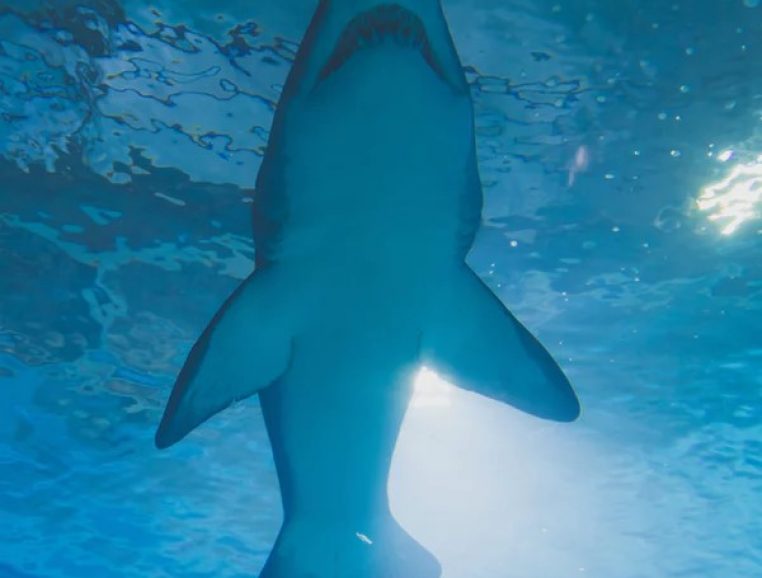
Are small fish the solution ?
Small” fish, located at the bottom of the food chain, are to be favoured: sardines, mackerel or mullet are indeed much better directly on the consumer’s plate than to feed carnivorous fish farms.
Small fish contain fewer pollutants, which are also harmful to humans, than their predator fish: the toxic products present in sea water accumulate as the food pyramid progresses and are more concentrated at the top, in large predators.
WHY IS FARMING ALSO A SOURCE OF POLLUTION?
Aquaculture is not an evil, when it is supervised. Man developed animal husbandry on earth 10,000 years ago.
Today, the limit reached (and exceeded) for marine fisheries creates the same need for aquaculture.
However, the excesses of intensive farming must be avoided and both the farming conditions and the feeding of the fish must be controlled.
It is better to prefer herbivorous fish, or to accept an alternative diet to fishmeal for carnivores, even if this may seem less natural.
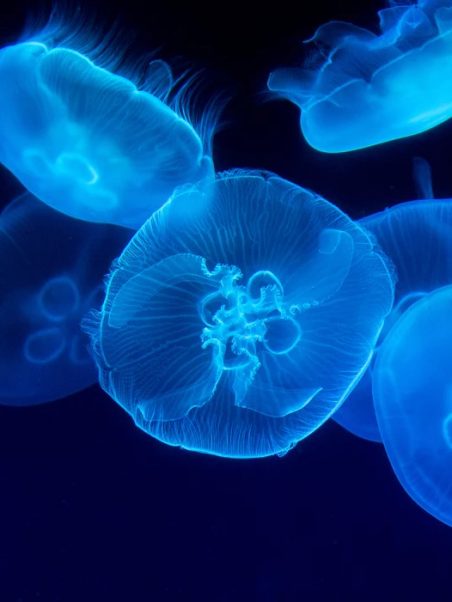
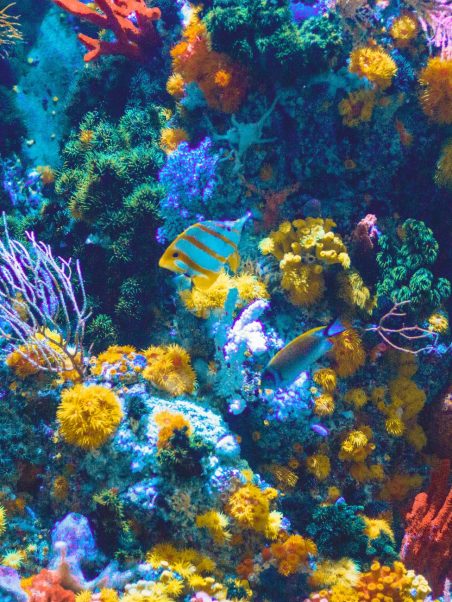
TIPS AND TRICKS FOR CONSUMING MORE RESPONSIBLY AND SUSTAINABLY
For both farmed fish and sea fishing, labels are used to identify the most acceptable solutions.
The “sustainability” of fishing depends on many factors: species, but also location, season, fishing technique, etc. Faced with this complexity, labels provide useful information. However, they are not all equivalent and it is necessary to know them to understand their framework and their limits.
It is always advisable to favour local fishing or production. This makes it possible to take advantage of the French and European regulatory framework and to give a boost to employment. Water quality is essential and must be protected. It is affected by various types of pollution, often from land and human activities.
Plastics and various wastes, phytosanitary products and endocrine disruptors are pollutants found in the bodies of fish. Human activities also produce CO2 that acidifies the ocean, permanently changing the marine environment.







